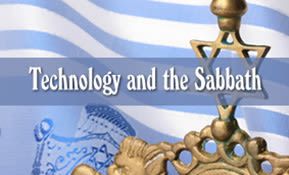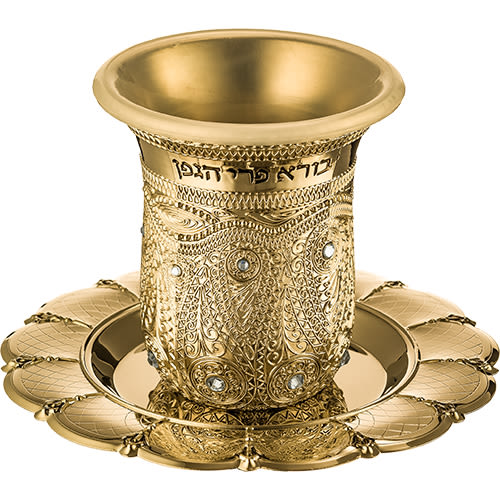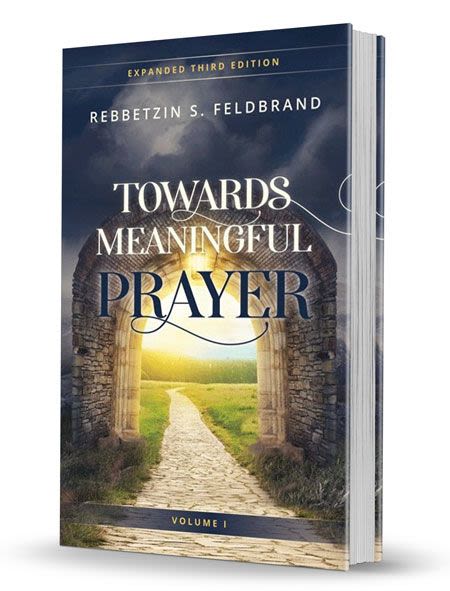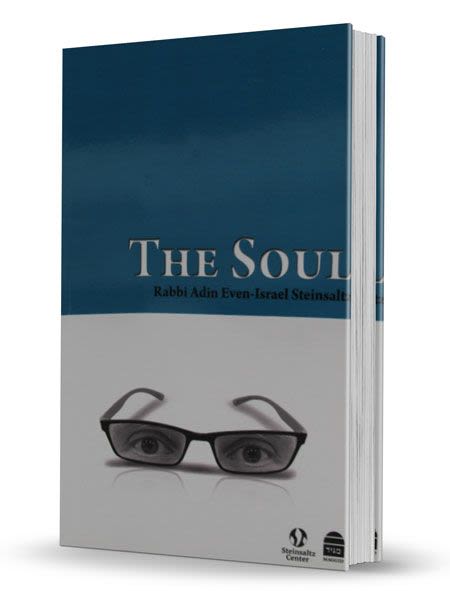
Yitro: Blessings on Miracles
A blessing over a miracle, as our sages teach us, needs to include recognition of the positive effects of its accompanying details...

Translated and abridged by Rabbi Chanan Morrison
Parshat Yitro
When Moses's father-in-law Jethro heard all that God had done for the Jewish people, he rejoiced and said:
"Blessed be God, Who rescued you from hand of Egypt and the hand of Pharaoh, Who liberated the people from Egypt's power. Now I know that God is the greatest of all deities: the very thing they plotted came on them!" (Ex. 18:10-11)
The Talmud derives from Yitro's blessing the rule that we should recite the blessing "Who made miracles for our fathers in this place" when seeing the place where a miracle occurred for the Jewish people. (Berachot 54) Yet, this is difficult to understand. Jethro did not say his blessing when visiting the Red Sea, but when he met the Israelites in the desert. How could he serve as an example for this bracha, said specifically when viewing the location of a miracle?
Appreciating All Aspects of a Miracle
We need to analyze the concept of blessings over miracles. When we thank someone for helping us, we feel most appreciative if the helpful act was done expressly for that purpose. If, on the other hand, the kindness did not require any special effort — the benefactor was planning to undertake this action in any case — then our feelings of gratitude will naturally be less. Thus, when we bless God over a miraculous deliverance, we feel  completely indebted and thankful, as the entire action occurred especially for this purpose.
completely indebted and thankful, as the entire action occurred especially for this purpose.
In addition, when an act is caused directly by God, then not only is the overall goal for the ultimate good, but also all details and side-effects that stem from it. Thus, we should be appreciative not only of the miracle itself, but also for any accompanying details. This includes the location of the miracle, which at some point in time benefited or will benefit from the miracle.
This is what the Sages learned from Jethro. A blessing over a miracle needs to include recognition of the positive effects of its accompanying details. Besides thanking God for the overall rescue ("Who liberated the people from Egypt's power"), Jethro also mentioned the details of that rescue: they were saved from the hands of the Egyptian people, and from Pharaoh's hands. For one can suffer at the hands of an evil people, even if the king is kind; and one can suffer at the hands of a cruel king, even if the people are sympathetic. In Egypt, the Jews were the unfortunate victims of the cruelty of both the people and the king.
Furthermore, Jethro recognized that the punishment of Egypt was in like measure ("mida kneged mida"). "The very thing they plotted came upon them." The Egyptians drowned Jewish babies, so they were punished with drowning in the Red Sea. Here was an additional detail that reflected the ultimate justice and goodness of the miracle in all of its aspects.
(adapted from Ein Eyah vol. II, pp. 243-244)
* * *
Rabbi Chanan Morrison of Mitzpeh Yericho runs http://ravkookTorah.org, a website dedicated to presenting the Torah commentary of Rabbi Avraham Yitzchak HaCohen Kook, first Chief Rabbi of Eretz Yisrael, to the English-speaking community. He is also the author of Gold from the Land of Israel (Urim Publications, 2006).












Tell us what you think!
Thank you for your comment!
It will be published after approval by the Editor.